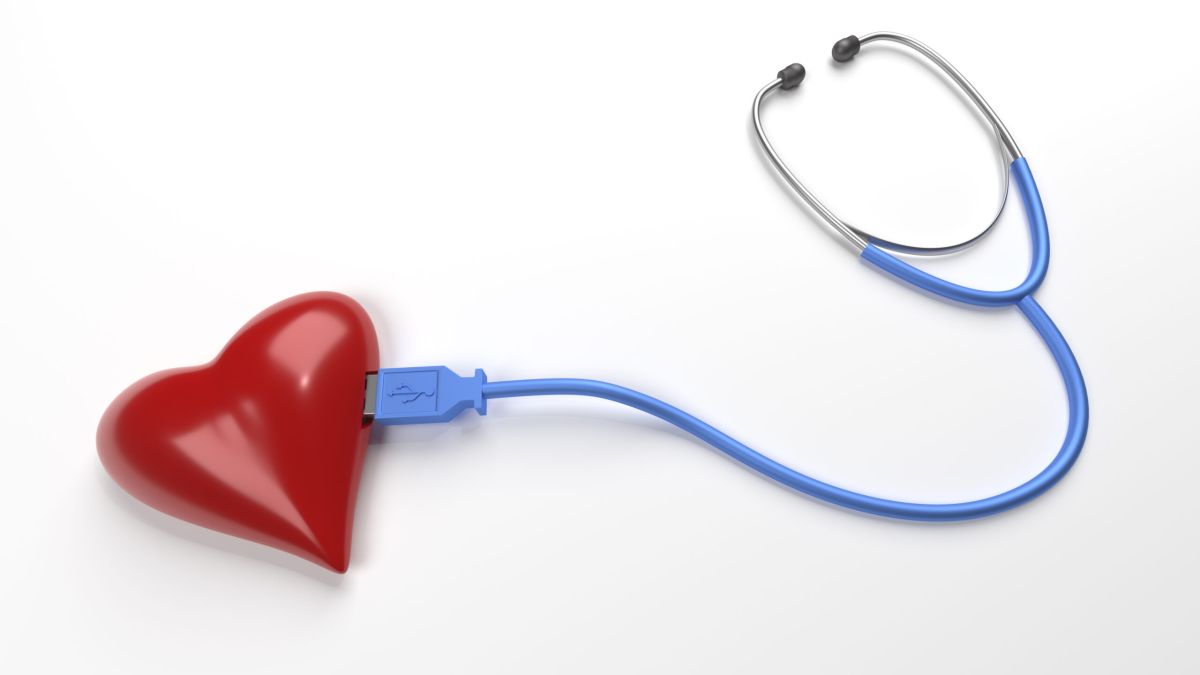Ig Nobel prizes 2022: Noble or ignorable?
By Charlie Wild

Every autumn, the world’s most prominent scientists are celebrated with the Nobel Prize. They reward groundbreaking scientific research which has significantly improved people’s lives. For example, the physics prize this year was awarded to Alain Aspect, John Clause, and Anton Zeilinger jointly for their work in studying a quantum mechanical phenomenon, called “entanglement.” This has important applications for technology, such as new quantum computers and methods of encryption.
However, not all scientific research is as intense and serious; contrary to popular belief, some scientists do actually have a sense of humour. To recognise this, there exists satirical scientific prizes handed out alongside the serious – the not-so-prestigious Ig Nobel prizes.
What are the Ig Nobels?
The Ig Nobel prizes delve into the weird and wonderful research that is taking place across the scientific spectrum. It attracts attention to research that may be sometimes silly, but always interesting, which could have potentially escaped scientific headlines.
Their desire is to award scientists “for achievements that first make people laugh then make them think,” and much of the supposedly silly science they honour has surprisingly important applications.
Originating in 1991, they have celebrated such topics as: how water content affects the compaction of cereal (Physics 1995), the discovery that beer froth follows exponential decay (Physics 2002), or showing that herrings communicate by farting (Biology 2004). This year the roster of awards, handed out in a ceremony on September 15, did not disappoint.
Ice cream transforms cancer care
Notably, the prize for medicine was awarded to a team at the Medical University of Warsaw. The team researched how ice cream could be used as cryotherapy during high-dose chemotherapy, to reduce oral mucositis occurrence.
Oral mucositis is a painful condition where intense chemotherapy causes inflammation of the mucous membrane lining the inside of the mouth. The theory behind cryotherapy is that it causes vasoconstriction, reducing the inflammation of the oral cavity mucosa and reducing exposure of these areas to chemotherapy drugs.
Cryotherapy has previously used ice chips, however this can be unpleasant for patients and many stop using them. The Warsaw research team therefore wondered if a more pleasant alternative, such as ice cream, could be used.
The study showed a trend between the occurrence of oral mucositis in a group of 74 people undergoing chemotherapy and the amount of ice cream consumed as a method of cryotherapy. An increased amount of ice cream consumed coincided with a decreased occurrence of oral mucositis.
This provides a potentially cost-effective, accessible, and pleasant preventative treatment for those suffering from the painful side effect of chemotherapy.
Two hearts in love beat as one
Another highlight from this year’s award listing is the prize for applied cardiology for a team at Leiden University, who researched how physiological synchrony is associated with attraction on a blind date.
In the study, subjects were hooked up to monitors and wore eye-tracking glasses, then went on several blind dates. The research found that physiological signals such as smiling, mimicry, or eye gazes were not related to attraction, despite previous misconceptions. However, the synchrony of heart rate and skin conductance was a good predictor of attraction between partners on a blind date. So sparks really do fly when you’re in love!
Although not perhaps as useful as ice cream cryotherapy, this provides an interesting insight into the mysterious area of human behaviour which is consciousness and attraction.
So, next time you are on a Tinder date and aren’t sure whether your feelings are reciprocated, maybe hook you and your potential partner up to a heart rate monitor and see whether your heart rates are synchronised. That will clear things up, though you may find the heart rates slowly moving out of sync as you attach the wires…







